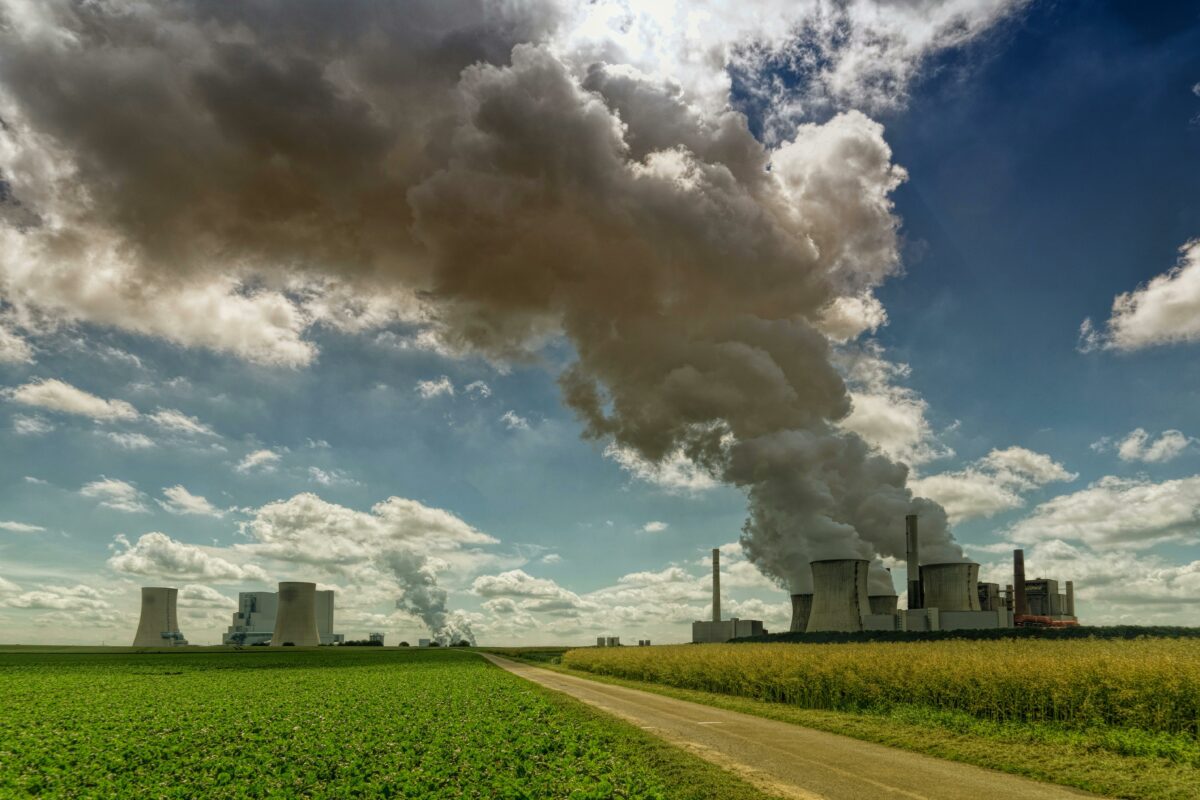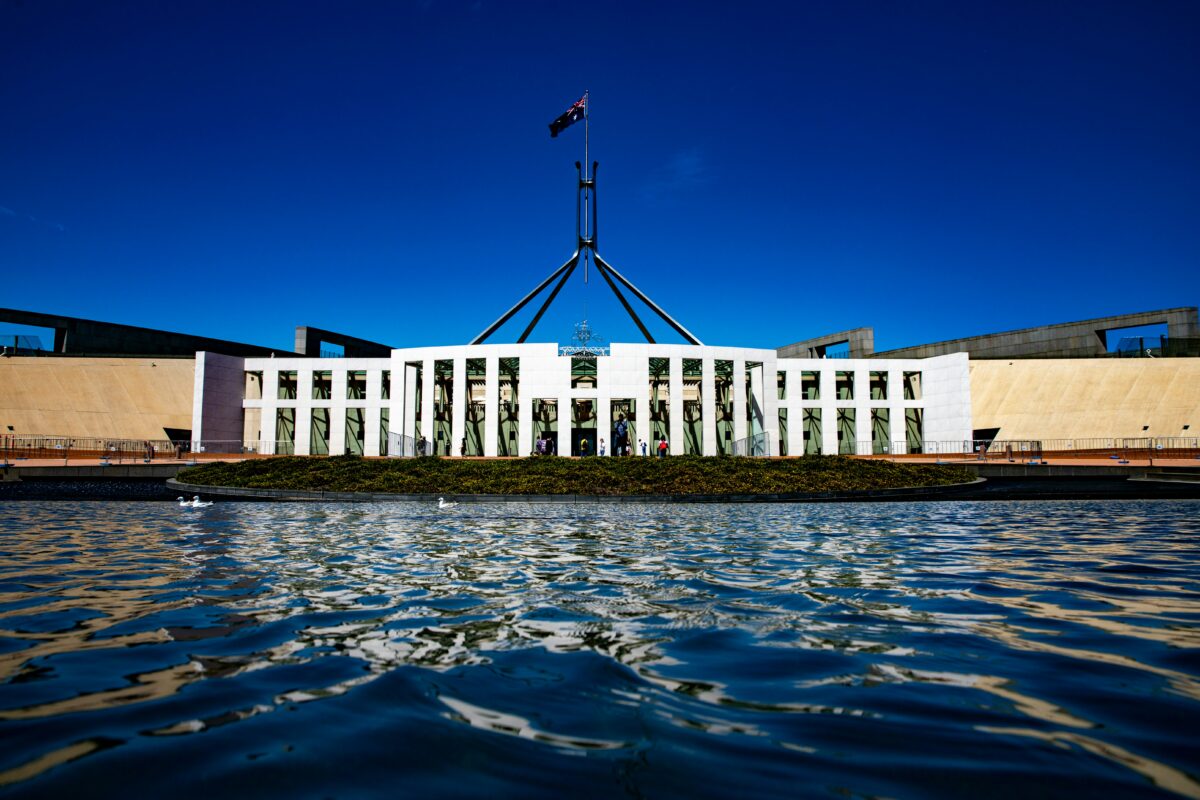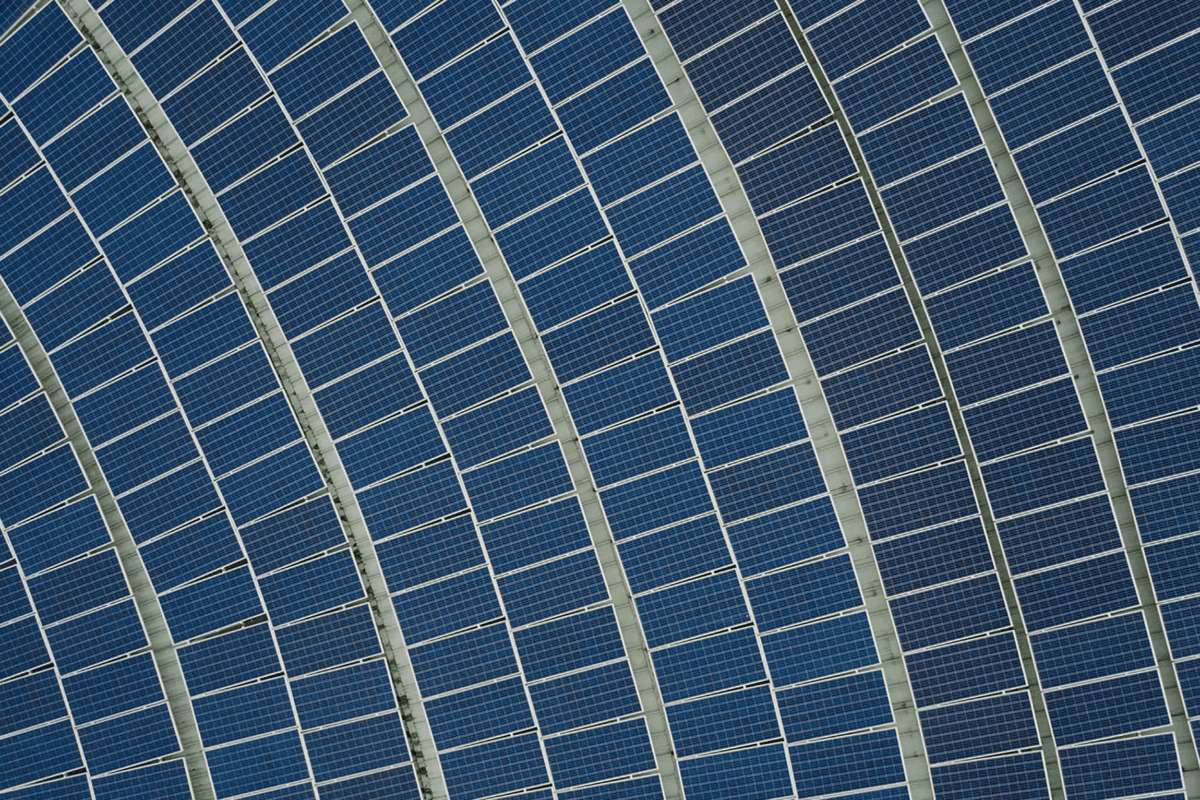There’s a brutal arithmetic in politics but an even more brutal arithmetic in climate physics. Unless the world gets to net zero, and soon net removals, of emissions we will continue to fuel the spiralling costs of extreme weather events. Any political party that isn’t committed to a timely achievement of net zero emissions will be exposed at each and every event to being on the side of the problem not the solution. To argue otherwise is climate denialism.
The incoming COP30 President has just called out another form of climate denialism, economic denialism, “a denial that economic measures against climate change can be good for the economy and for people.” Moving on steps to tackle this denialism is as crucial as a credible 2035 emission reduction target and the policies to deliver it. It is vital that Australians, particularly regional Australians, including Indigenous people, see a pathway to prosperity as well as be acknowledged for their contributions.
CMI took these messages to regional NSW in last month’s Carbon Farming Industry Forum. There was high level engagement on the frustrations and opportunities for the industry. Media from there and afterwards allowed some focus on the positive contributions carbon markets make as climate solution investment platforms funding contributions to the task of climate, nature and industry repair.
The clear message from the Forum was that the Government needs to accelerate integrity and method reforms as delays and uncertainties mean too many are winding back capacity when they should be scaling up.
The recent North West Shelf decision also highlight that reforms to our outdated environmental laws are well overdue. CMI supports a more rigorous assessment framework that would require project approval processes to have regard to the climate impacts of upstream and downstream greenhouse gas emissions associated with significant new developments and regional planning processes, as well as significant development extensions and/or expansions. The Safeguard Mechanism should not be used as a shield for inadequate climate considerations in approval processes.
This decision puts an even more intense spotlight on the 2035 NDC and associated reforms as a test of the Government’s climate credibility and signal to investors. It will be an important signal, amongst others, of stranded asset investment risks to business and taxpayers betting on an elongated phase out of fossil fuels.
Our forthcoming 12th Australasian Emission Reduction Summit themed “Next Steps for Net Zero” will allow a very timely discussion of these matters, the prospects for an Australian/Pacific COP31 Presidency and net zero transition challenges for business, community and governments. We’ve revamped the Summit format and agenda to bring a greater focus on innovation and investment as well as on the policy reform needs. We have an exciting range of extra speakers and program to share shortly. Registrations are open and there are limited sponsorship opportunities still available.
It should also be said there is no denying the challenges in effecting the transition for all involved, including for industry bodies like CMI. It has been a great privilege to lead CMI over the last six years. I look forward to CMI’s progress in the years ahead as carbon markets and high integrity credited solutions provide a compliment to, not substitute for, transparent and credible decarbonisation transition plans for countries and companies alike.
Best Wishes,
John Connor



